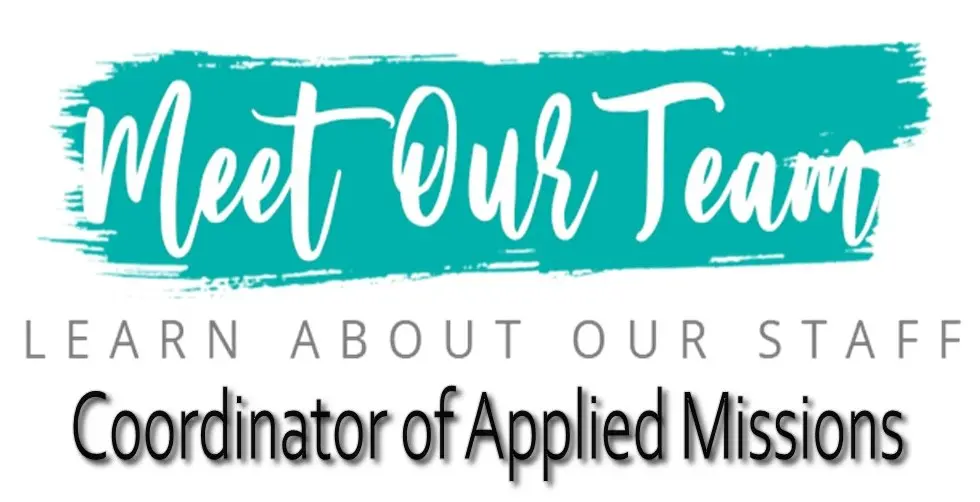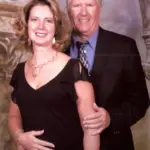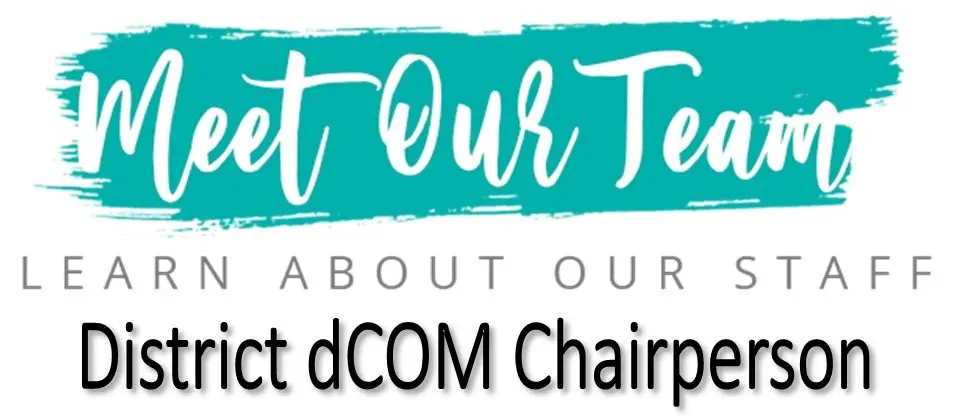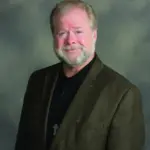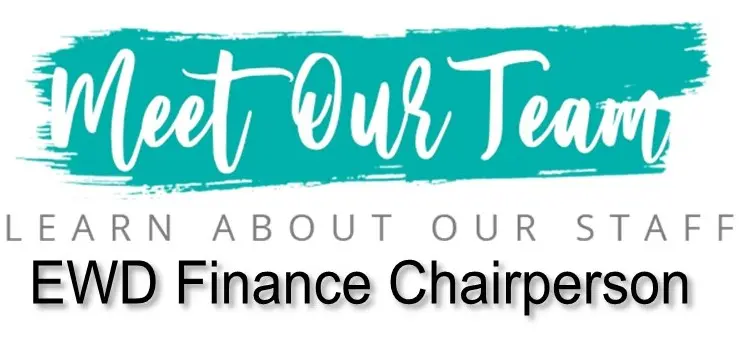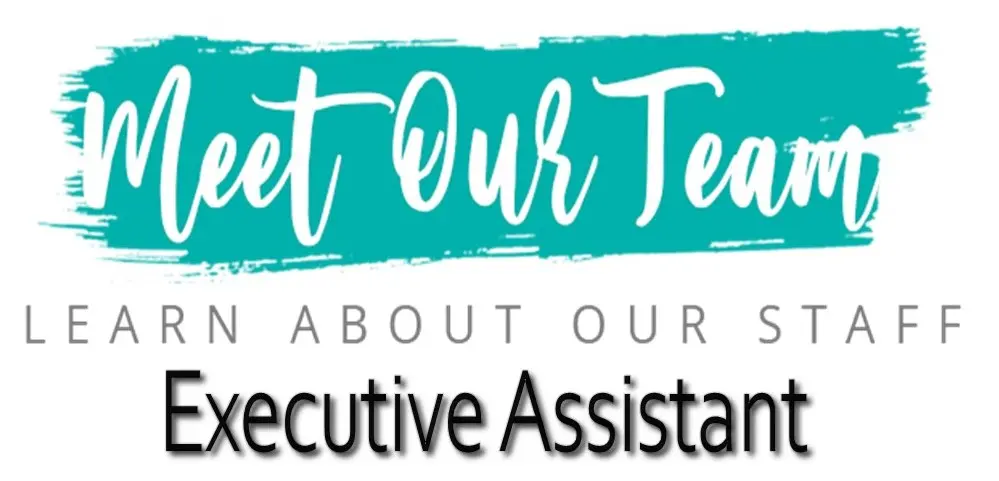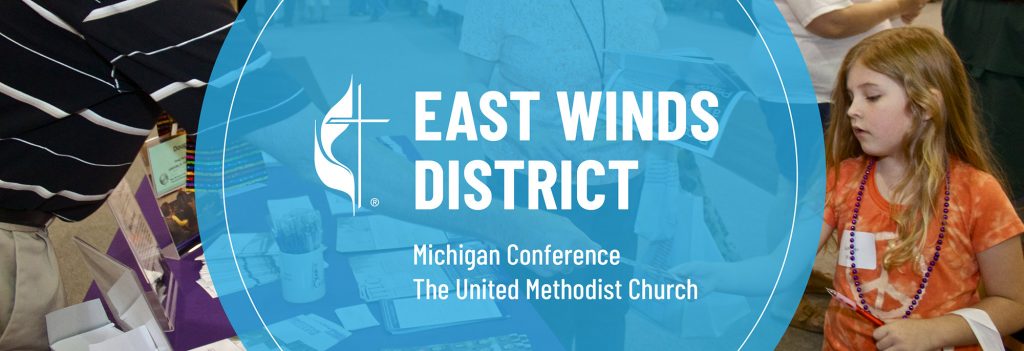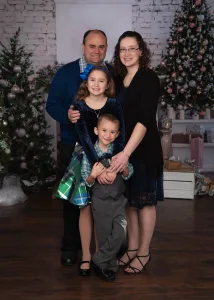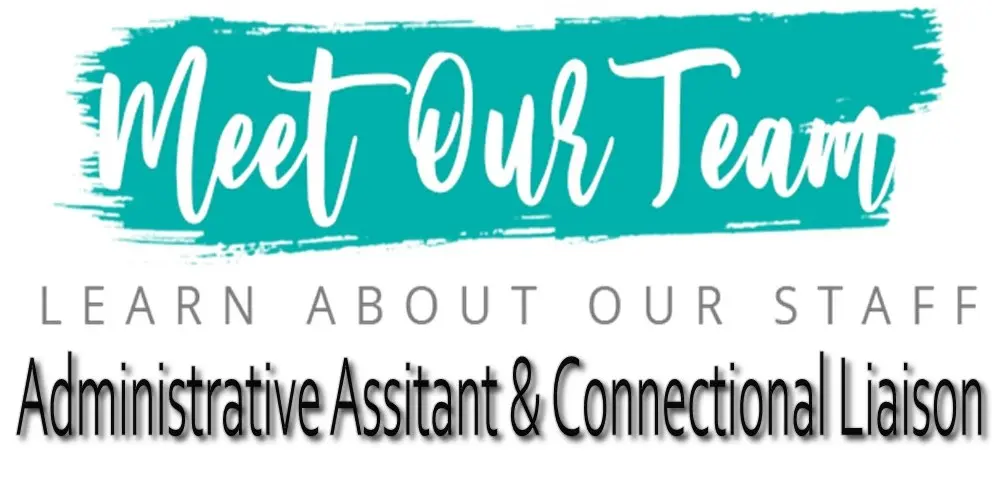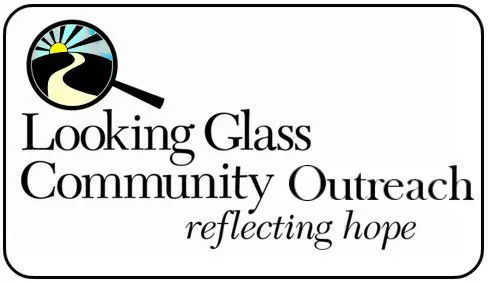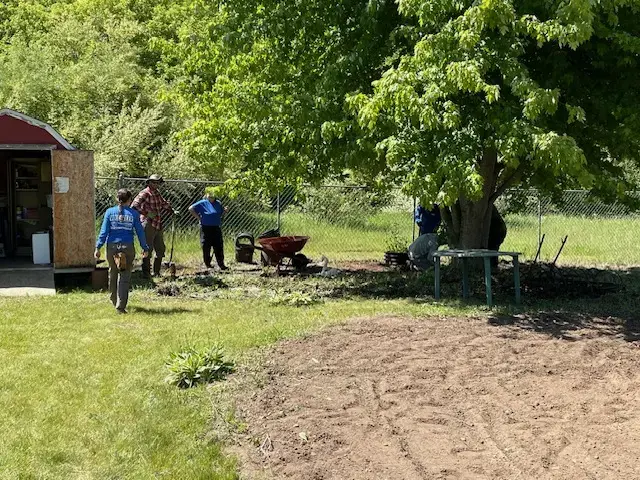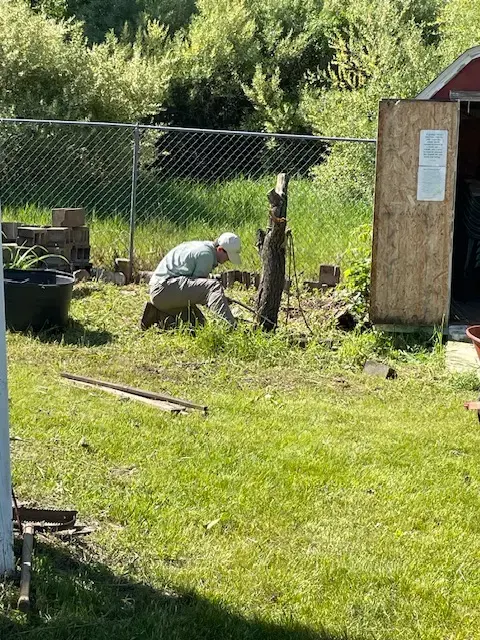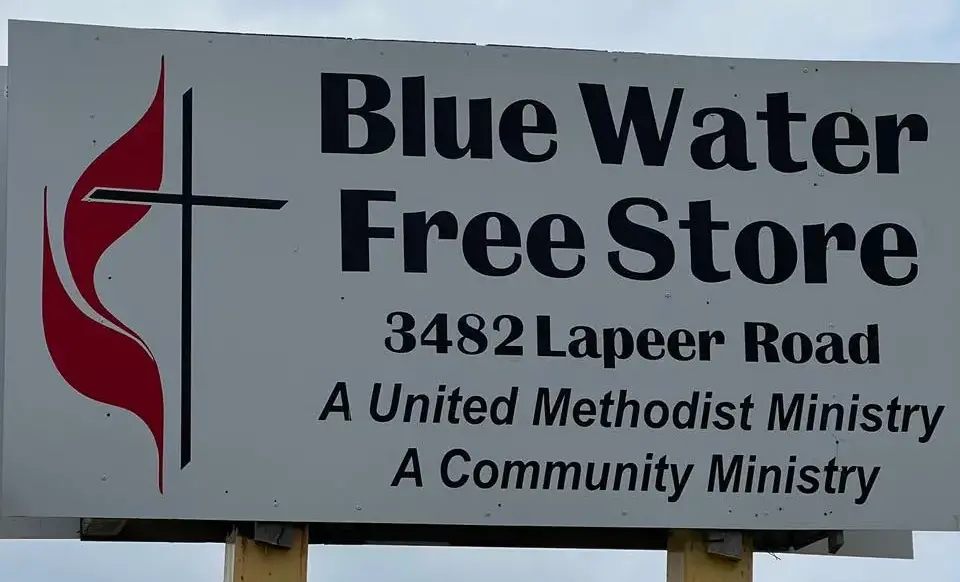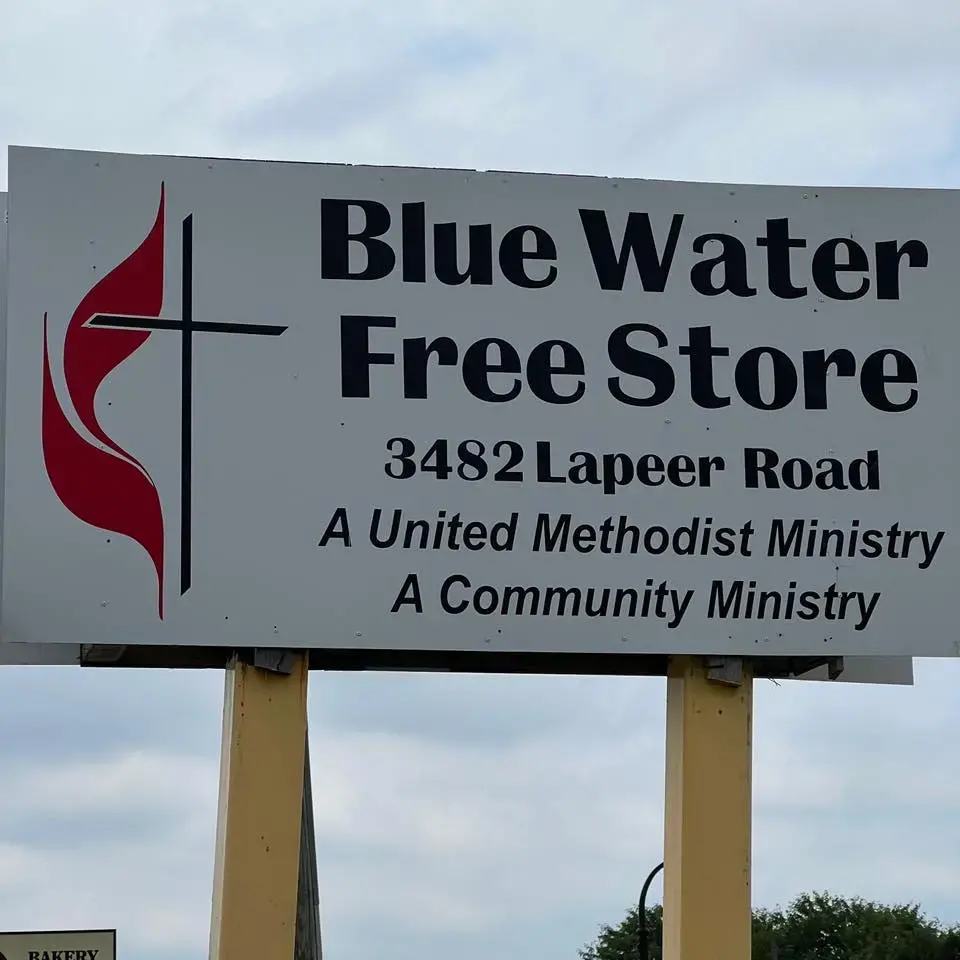By Bob Wyatt
The Board of Location & Building is charged by our discipline to review local church plans to buy or sell property, buy, lease or sell buildings or remodel a building when the cost of remodeling exceeds 25% of the value of the building. The board also is required to review new construction and remodeling plans for energy efficiency and equal access for people with disabilities. The board reviews the reasons and benefits to sell buildings or property. The board also is charged with reviewing the need for a building, addition or remodeling and plans for defraying the costs. The board supports our District Superintendent and is involved when a church contemplates closing.
The board also works with churches to review the benefit of selling no longer needed surplus property and parsonages. A church being served by a pastor owning their own home may have avoidable expenses maintaining a parsonage. The local church reviews the benefits to their ministry of selling no longer needed property which is reviewed by the board.
Bob is a licensed professional engineer with work experience in Civil Engineering and building maintenance. He has served on his church's Board of Trustees, Staff Pastor Parish and Finance Committees. He serves on the Board of Directors of Asbury CDC, East Winds District's EngageMI charity, and on the Board of Directors of our Michigan Conference Camps.
Favorite Bible Verse John 13:34-35
“A new command I give you: Love one another. As I have loved you, so you must love one another. By this everyone will know that you are my disciples, if you love one another.”
Favorite candy/snack Hersey's chocolate and ginger cookies
Favorite Drink Apple cider
Top 3 Favorite Movies Indiana Jones, Star Wars, Air Force One
One fun fact about yourself I enjoy sailing and spending time with my 2 grandsons.
A helpful link: Trustees Toolbox

